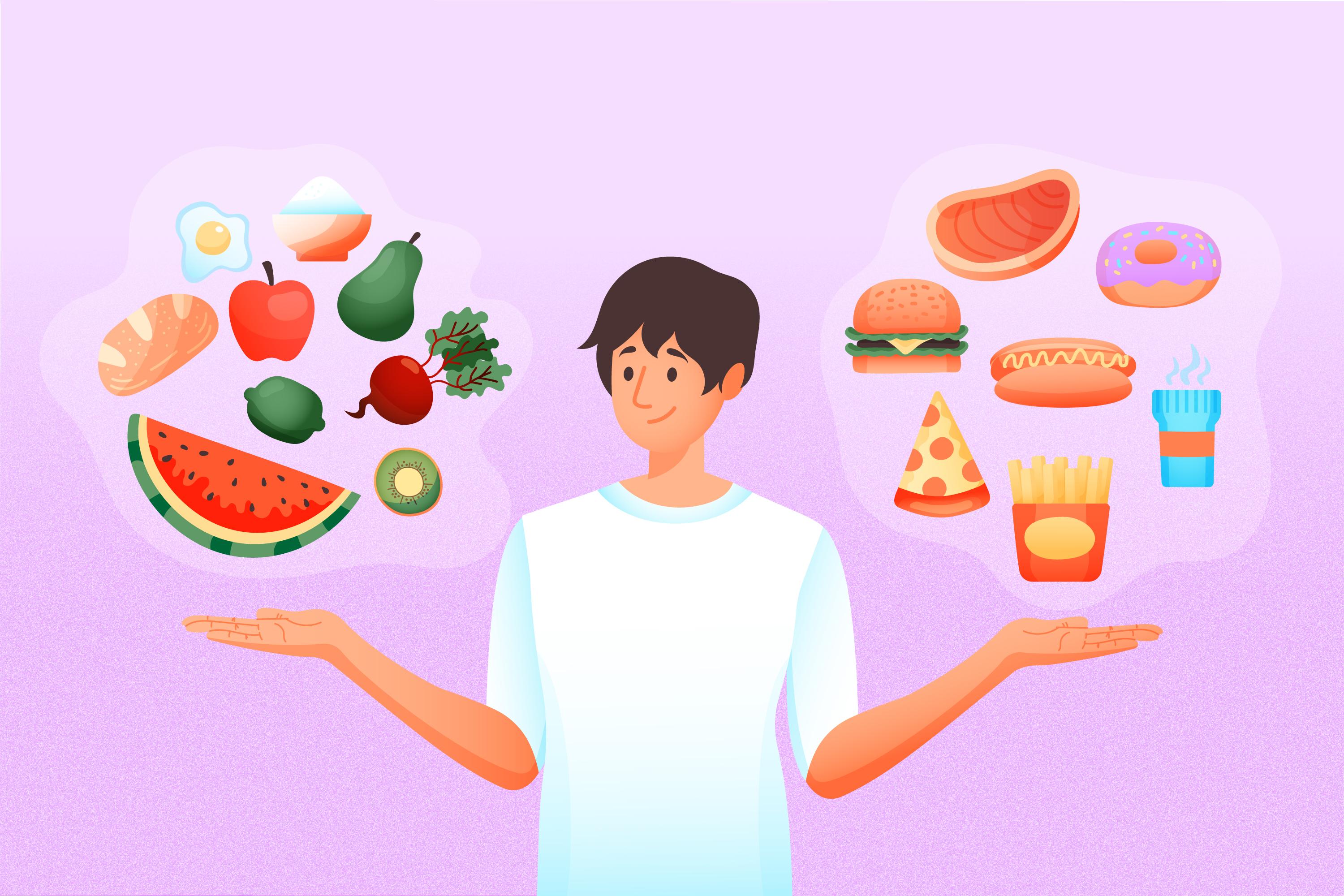
Managing Dyspepsia with Diet: Foods to Eat and Foods to Avoid
Dealing with dyspepsia, or indigestion, can be a real discomfort, but your diet can play a significant role in managing your symptoms. Let’s dive into some tips on what to eat and what to avoid to help keep your stomach happy.
Foods to Eat:
- High-Fiber Foods: Opt for fruits, vegetables, whole grains, and legumes, which are rich in fiber and can help promote healthy digestion.
- Lean Proteins: Choose lean sources of protein such as poultry, fish, tofu, and legumes, which are easier on the stomach compared to fatty meats.
- Low-Fat Dairy: Opt for low-fat or fat-free dairy products like yogurt, milk, and cheese, as high-fat dairy foods can trigger symptoms of dyspepsia.
- Ginger: Incorporate ginger into your diet, whether through fresh ginger tea, ginger supplements, or adding ginger to your meals, as it has been shown to help alleviate symptoms of indigestion.
- Herbal Teas: Enjoy herbal teas like chamomile, peppermint, or licorice tea, which can help soothe the stomach and alleviate discomfort.
Foods to Avoid:
- Fatty Foods: Avoid high-fat foods like fried foods, fatty cuts of meat, and creamy sauces, as they can exacerbate symptoms of dyspepsia.
- Spicy Foods: Steer clear of spicy foods like chili peppers, hot sauces, and spicy curries, which can irritate the stomach lining and trigger heartburn.
- Acidic Foods: Limit acidic foods and beverages like citrus fruits, tomatoes, vinegar, and carbonated drinks, as they can increase stomach acid and worsen indigestion.
- Caffeine and Alcohol: Reduce your intake of caffeine and alcohol, as they can relax the lower esophageal sphincter and lead to acid reflux and heartburn.
- Carbonated Beverages: Avoid carbonated beverages like soda and sparkling water, as they can cause gas and bloating, exacerbating symptoms of dyspepsia.
By making mindful choices about what you eat and avoiding trigger foods, you can help manage your symptoms of dyspepsia and improve your overall digestive health.
buy female cialis online https://physiciansalliance.com/wp-content/uploads/2023/04/png/female-cialis.html no prescription pharmacy
To seek medical advice, always consult a Doctor.
buy tamiflu online https://physiciansalliance.com/wp-content/uploads/2023/04/png/tamiflu.html no prescription pharmacy
Here are our recommended experts. Click Here
To read more on Dyspepsia. Click Here
Recent Posts
Dr. Karan0 Comments
Preventing Gum Disease: Key Habits and Dental Check-ups
Dr. Karan0 Comments
Recognizing the Signs and Symptoms of Gum Disease:
Tags
#support
arthritis
Blood tests
causes
Children
complications
coping strategies
diabetes
diagnosis
diet
eczema
exercise
Healthy Lifestyle
Heart Disease
heart health
High blood pressure
hormonal imbalances
Hormones
hydration
india
Indian patients
inflammation
lifestyle changes
management
medication
Medications
mental health
Nutrition
pain management
physical therapy
pregnancy
prevention
recovery
risk factors
signs
skincare
skin condition
stress management
stroke
support
surgery
symptoms
transmission
treatment
treatment options



